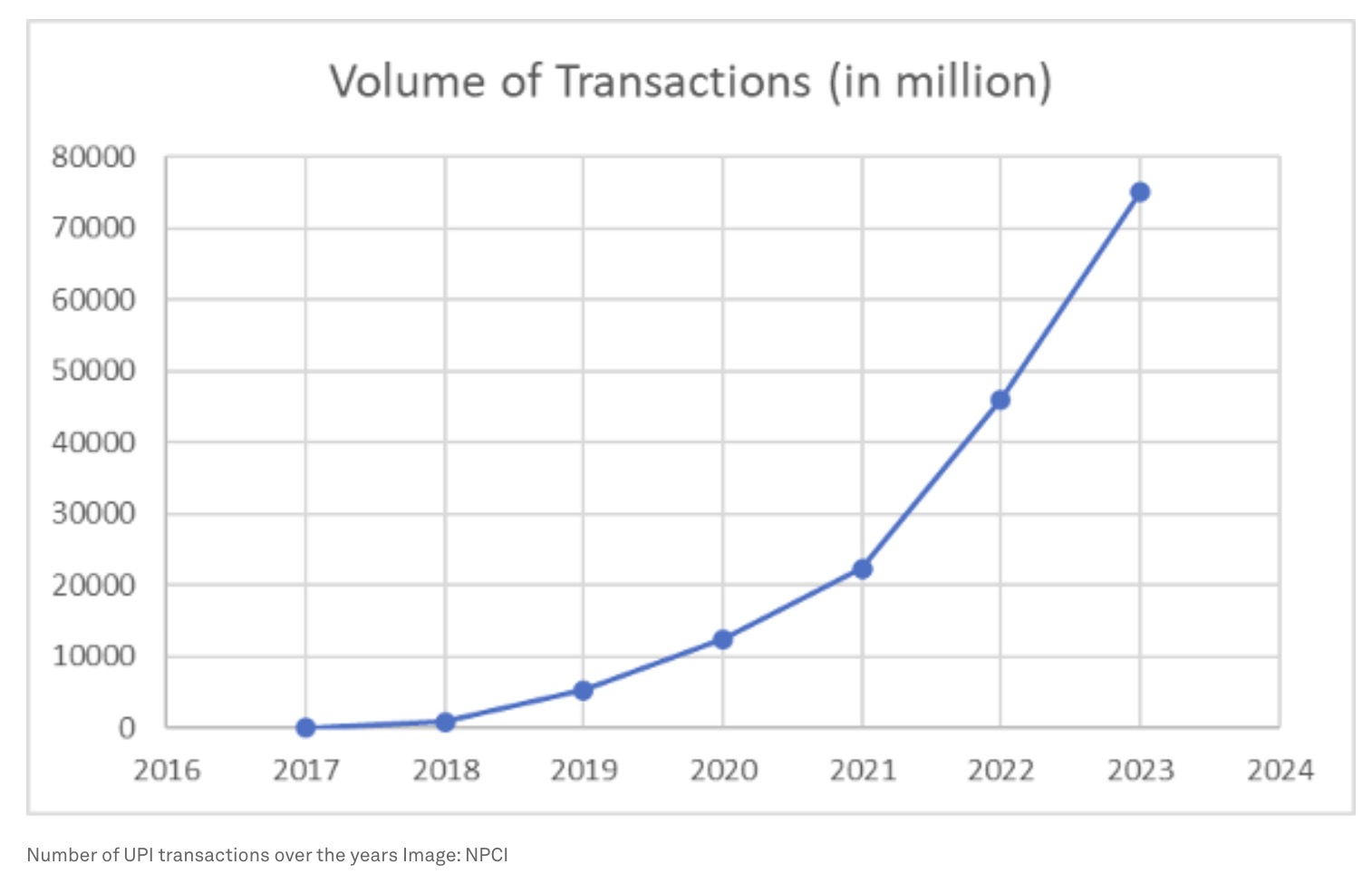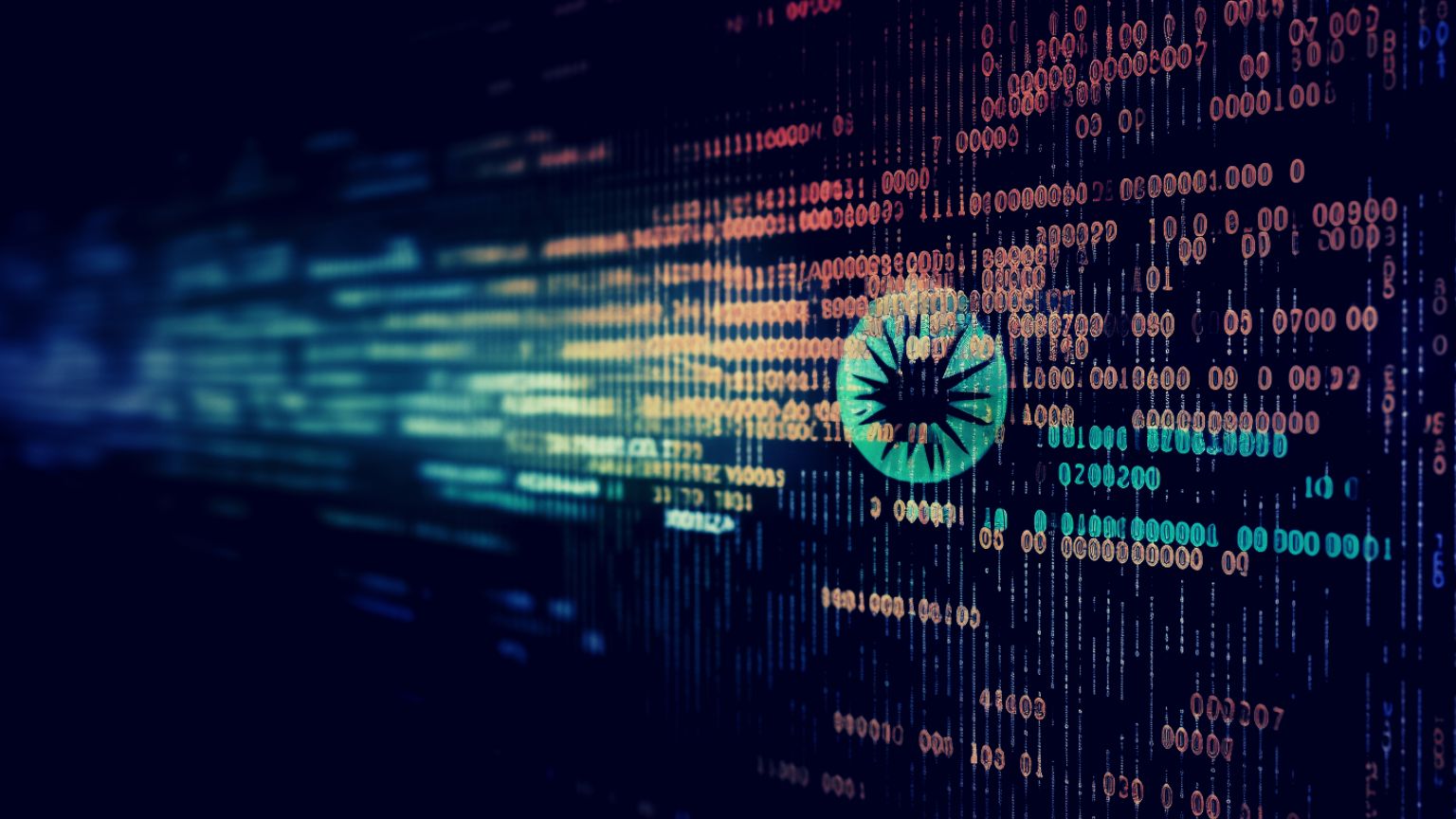The World Economic Forum is lauding India’s Unified Payment Interface (UPI) for revolutionizing digital payments and cited that it has saved the Indian economy approximately $67 billion since its inception in 2016. However, the praises might overshadow grave concerns regarding privacy and civil liberties tied to the Aadhaar-based digital payment system that is linked to a digital ID.
India’s UPI, which is linked to the Aadhaar biometric identification system, has undoubtedly skyrocketed the number of financial transactions. With a staggering 48.6 billion transactions processed in 2021, India leads the world in real-time payment transactions. While the system has brought in economic savings and efficiencies, it is imperative to address the potential threats to personal privacy and civil liberties.

Aadhaar, a unique 12-digit identification number based on biometric data, has become a cornerstone of India’s digital public infrastructure. Its integration with the UPI system has facilitated ease of transactions but at the cost of gathering massive amounts of personal information on individuals. The amalgamation of financial data with biometric information raises concerns about the potential misuse of this data.
With financial transactions now tied to a person’s Aadhaar number, which is linked to biometrics, critics argue that this opens the door to government surveillance. It provides the government with an unprecedented ability to monitor the financial activities of individuals in real-time. The threat of this data being used for political or discriminatory purposes cannot be ruled out.
As the UPI system stores colossal amounts of sensitive data, it becomes an attractive target for hackers and malicious entities. Data breaches in such a system can have catastrophic effects on individuals whose financial and biometric data could be compromised.
The forced adoption of digital payments tied to biometric data can also be seen as an infringement on the right to autonomy and freedom of choice. People should have the option to engage in financial transactions without necessarily tying these to their biometrics.
There is also a stark lack of comprehensive research on the impact of the UPI and Aadhaar integration on privacy and civil liberties. While the World Economic Forum’s research highlights the economic impact, it falls short of analyzing the societal and personal costs that might be borne by individuals.










